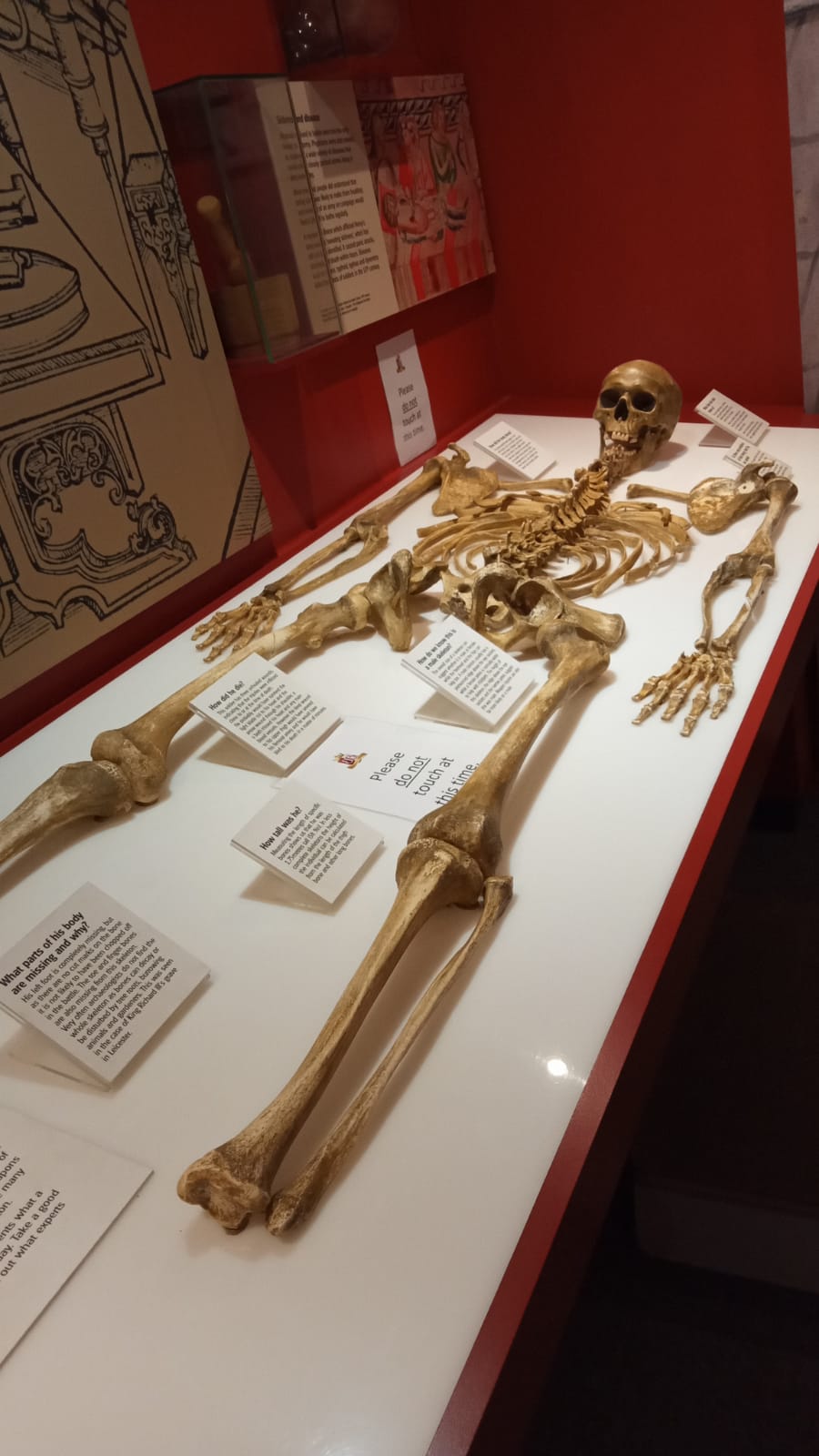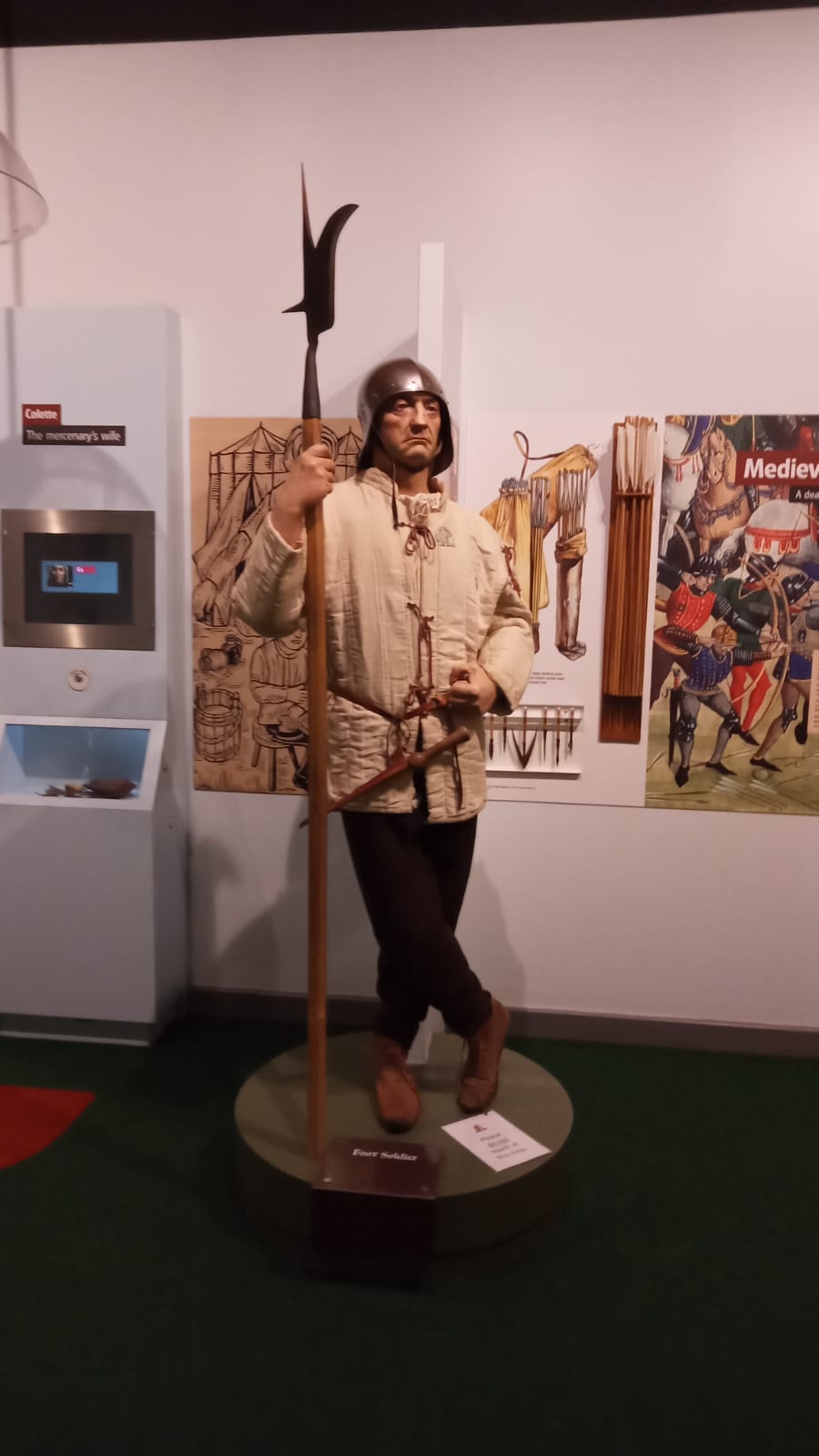

Intent
History is the study of the past, and its relationship with the present. Our exciting History curriculum is designed to be accessible to all and to maximise the outcomes for pupils, so that they know more, remember more and understand more. As a result of this at St Lawrence’s we will:
- Increase and develop pupils’ historical skills, concepts, knowledge, and attitudes.
- Develop pupil skills in enquiry, analysis, evaluation, and argument when looking at resources and objects.
- Give pupils opportunities to use and apply the skills we have taught them.
- Develop interest in the past, arousing their curiosity and motivation to learn.
- Develop a sense of identity through learning about the past.
Implementation
History is taught in half termly blocks throughout the year, linked with Geography so that children achieve depth in their learning. Teachers have identified the key knowledge and skills of each topic and consideration has been given to ensure progression across topics throughout each year group across the school. By the end of Year 6, children will have a chronological understanding of British History from the Stone Age to the present day. They will be able draw comparisons and make connections between different time periods and their own lives. Interlinked with this are studies of world history, such as the ancient civilisations of Greece and the Egyptians.
Cross curricular outcomes in history are specifically planned for, with strong links between the history curriculum and literacy lessons enabling further contextual learning. The local area is also fully utilised to achieve the desired outcomes, with extensive opportunities for learning outside the classroom embedded in practice. Planning is informed by and aligned with the national curriculum. Consideration is given to how greater depth will be taught, learnt, and demonstrated within each lesson, as well as how learners will be supported in line with the school’s commitment to inclusion. Outcomes of work are monitored to ensure that they reflect a sound understanding of the key identified knowledge. Within our knowledge-rich approach, there is a strong emphasis on people and the community of our local area.
The Early Years Foundation Stage (EYFS) follows the ‘Development Matters in the EYFS’ guidance which aims for all children in Foundation Stage to have an ‘understanding of the World; people and communities, the world and technology’ by the end of the academic year.
Impact
Outcomes can be observed in topic and literacy books, with evidence a of broad and balanced history curriculum and demonstrate the children’s acquisition of identified key knowledge. Children review the agreed successes at the end of every session and are actively encouraged to identify their own target areas, with support from their teachers. Children are also asked what they have learned comparative to their starting points at the end of every topic. Throughout the topic children are also quizzed on retained knowledge, through quizzes, give me five.
Emphasis is placed on analytical thinking and questioning which helps pupils gain a coherent knowledge and understanding of Britain’s past and that of the wider world and are curious to know more about the past. Through this study, pupils learn to ask perceptive questions, think critically, weigh evidence, sift arguments, and develop perspective and judgement. Regular school trips provide further relevant and contextual learning.
Click here for History Progression Map
Click here for History Subject Overview

